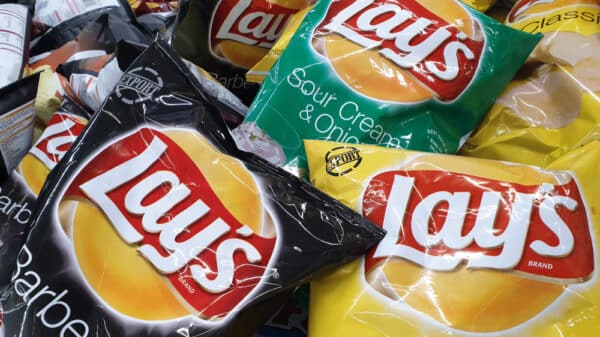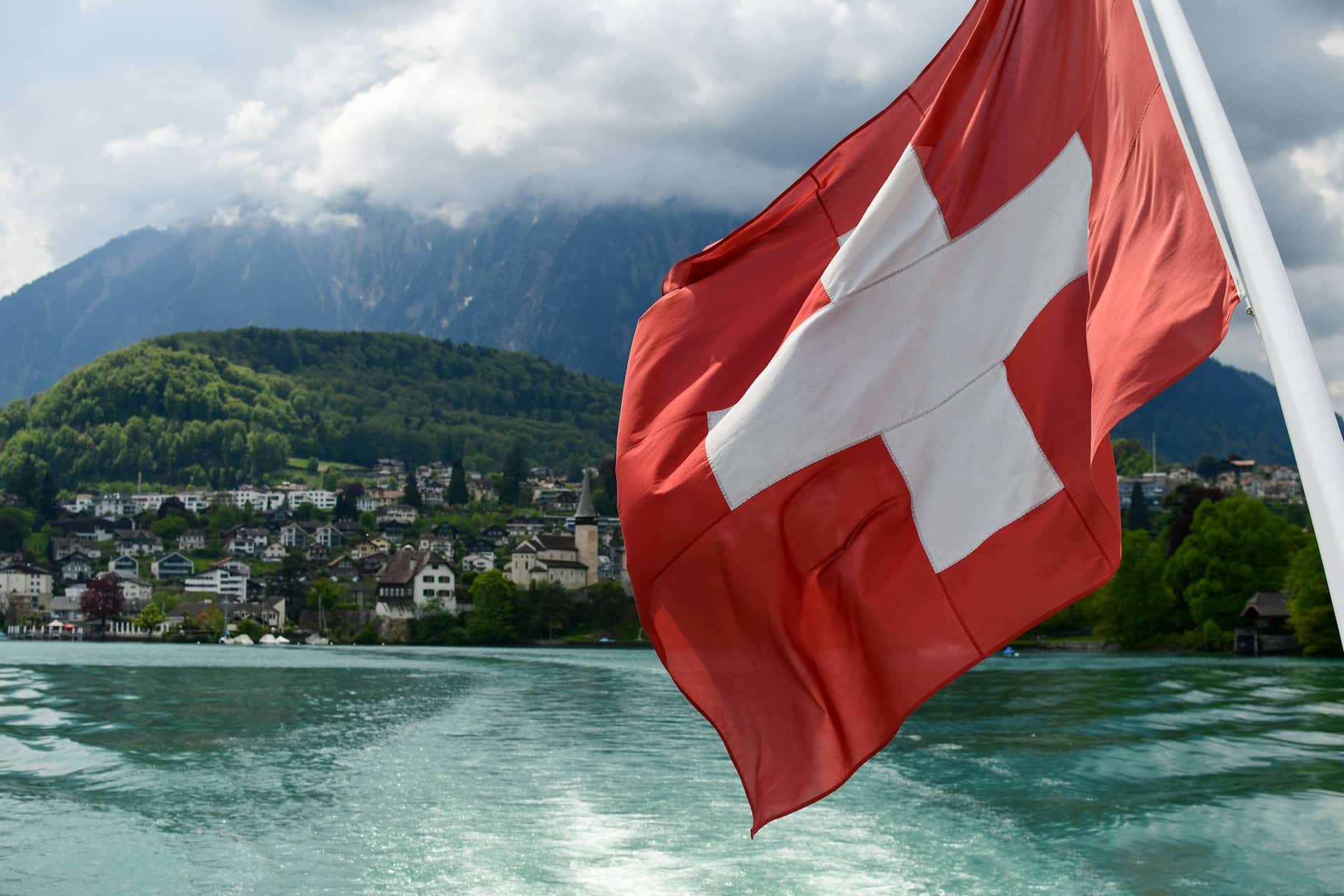In recent developments, Switzerland finds itself at a crossroads, grappling with significant economic decisions and the implications of shifting international relationships. The backdrop of this dilemma is a contentious video featuring Marcel Dettling, president of the Swiss People’s Party, who starkly contrasts an idealized historical simplicity with the complexities of a modern-day European Union (EU) treaty.
The Trade Tariff Dilemma
On August 1, coinciding with Switzerland’s national day, the White House announced a substantial 39% tariff on Swiss exports to the United States, among the highest tariffs globally. This move sent shockwaves through the Swiss economy, sparking an urgent response from President Karin Keller-Sutter as she prepares for negotiations in Washington. Experts warn that such tariffs could have dire consequences, potentially impacting tens of thousands of jobs within critical manufacturing sectors.
The Impacts of EU Relations
While Keller-Sutter’s delegation attempts to mitigate the immediate fallout from U.S. trade policies, the broader implications for Switzerland’s relationship with the EU cannot be overlooked. Traditionally, the country has maintained a cautious distance from EU integration, with debates often centered around sovereignty and immigration control. However, the newfound urgency stemming from U.S. tariffs might ignite discussions favoring closer ties with the EU, which historically has offered a more favorable trade environment.
Political scientist Rene Schwok notes that the chaotic negotiations with the U.S. could serve as a catalyst for advocates of stronger EU ties, highlighting the reliability of the EU as a trading partner compared to the unpredictability of U.S. policy under the current administration.
The Economic Landscape
Despite the looming risk posed by tariffs, Switzerland’s economy remains robust, characterized by low unemployment rates and inflation. Economic analysts from the KOF Institute estimate that the potential economic hit from the 39% tariffs could reach up to 0.7 percentage points, underscoring a challenge but not necessarily propelling the economy into recession. However, the impact on specific industries raises legitimate concerns.
Key players such as Stefan Brupbacher of Swissmem have pointed out that these tariffs could jeopardize essential manufacturing jobs, escalating public pressure for a swift and effective resolution.
A Call for Strategic Reevaluation
As Switzerland attempts to redefine its place in the global landscape, the current crisis underscores a pivotal lesson: the nation must consider its role and the balance of power in dealings with larger economies like the U.S., China, and the EU. Kirkegaard’s observation that “when the elephants are dancing, the mice get trampled” resonates deeply as Switzerland confronts its unique vulnerabilities on the international stage.
The ongoing debates surrounding Switzerland’s trade agreements, particularly with the EU, are likely to intensify as officials look to tread a careful path forward. With a national vote on a previously negotiated EU agreement on the horizon, the ramifications of recent tariff announcements will undoubtedly influence public perception and opinion, potentially swaying the electorate towards a more integrated approach.
Conclusion
Switzerland stands at a pivotal juncture, where the interplay of domestic policy, international trade, and economic sustainability will shape its future. As the nation navigates through these turbulent waters, the emerging dialogue about deeper ties with the EU could redefine what it means to be a small but resilient player in a complex global economy.
Through this current ordeal, Switzerland must balance its historical commitment to neutrality and independence with the pragmatic necessities of modern economic cooperation. The stakes are high, and the path forward will require thoughtful engagement and strategic alliances.
Image Source: Unsplash




























